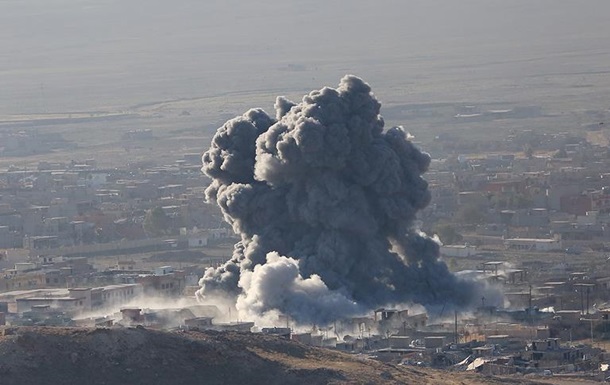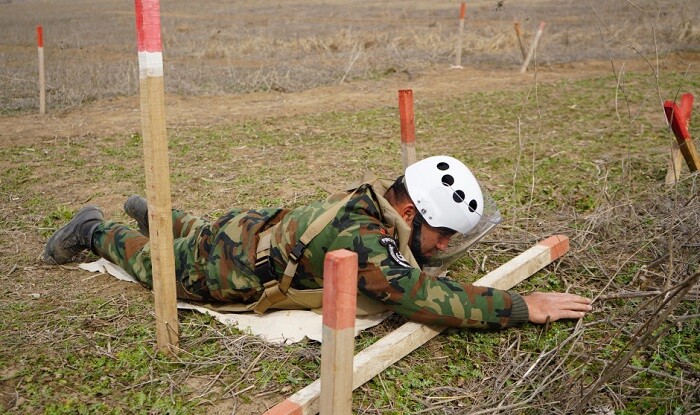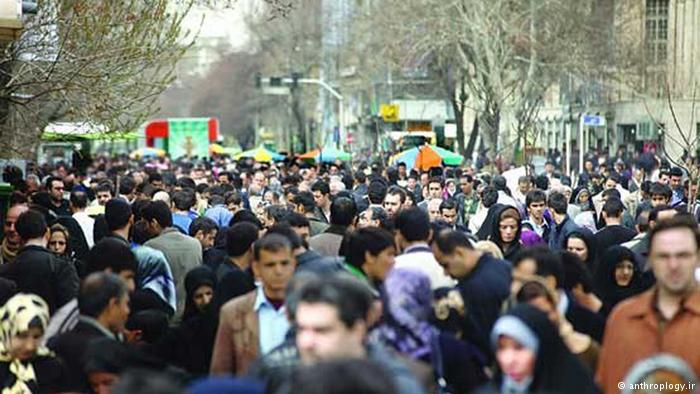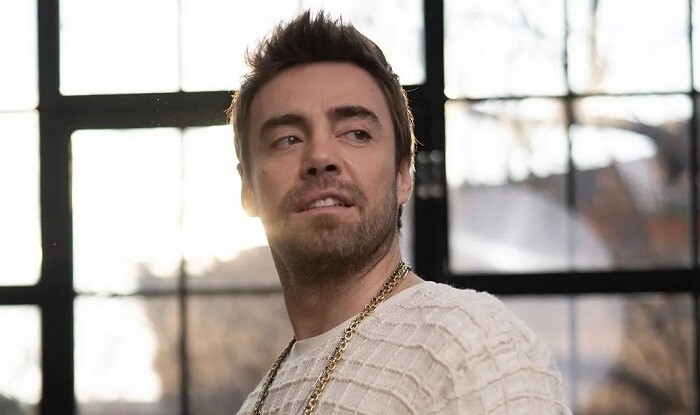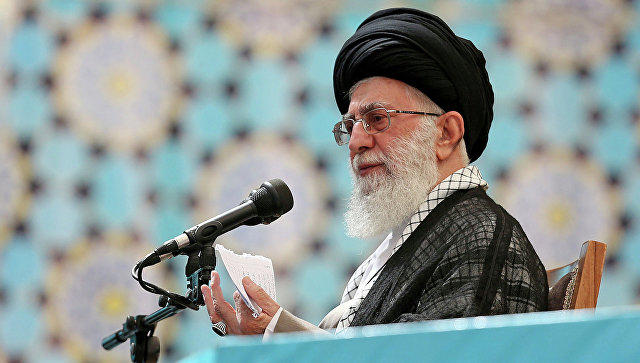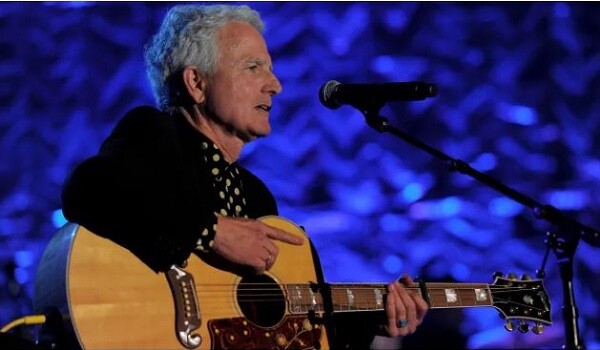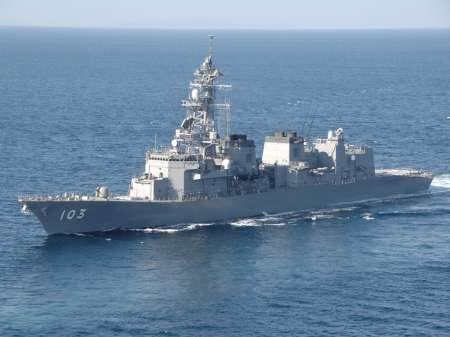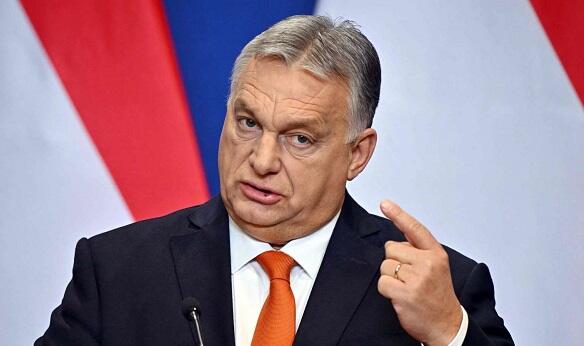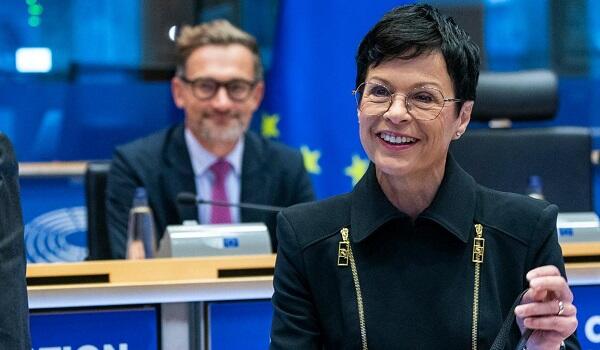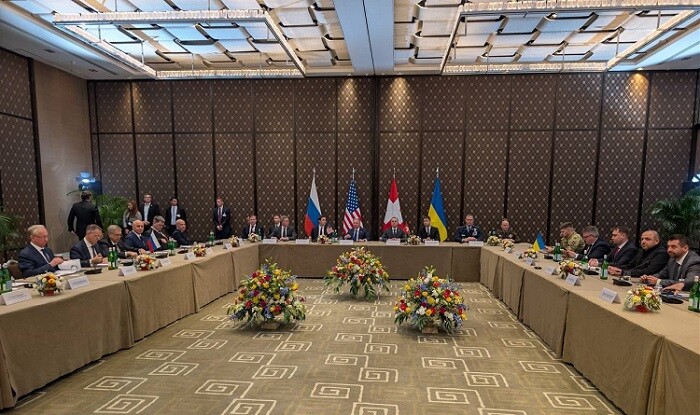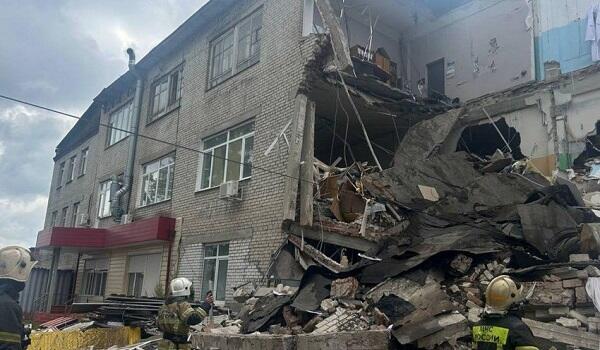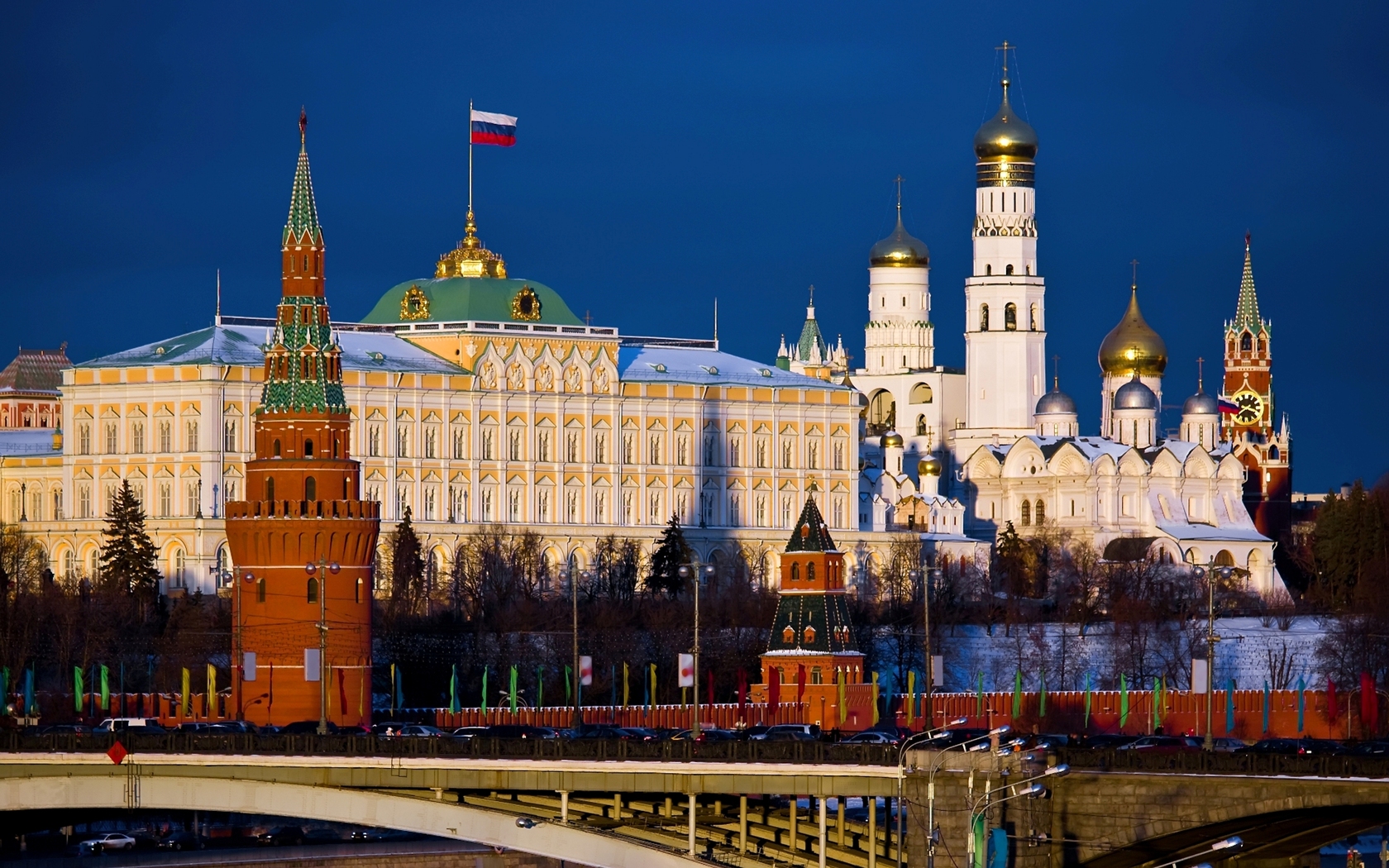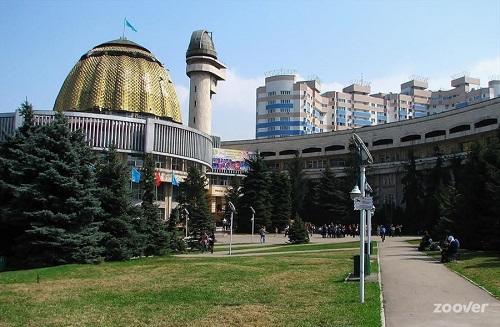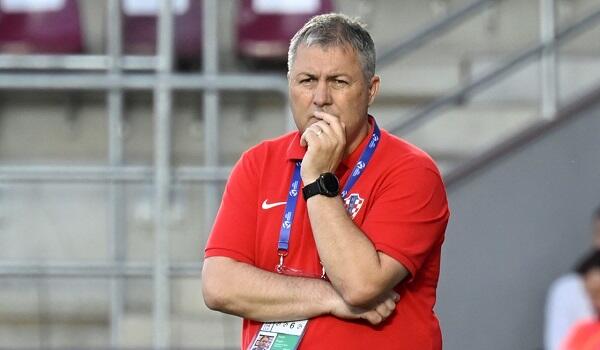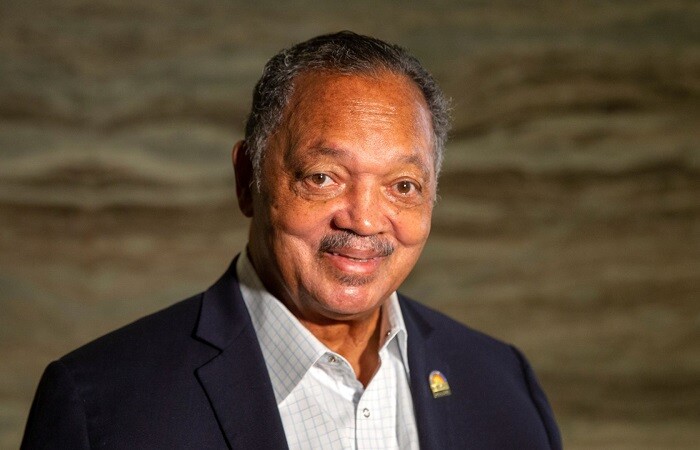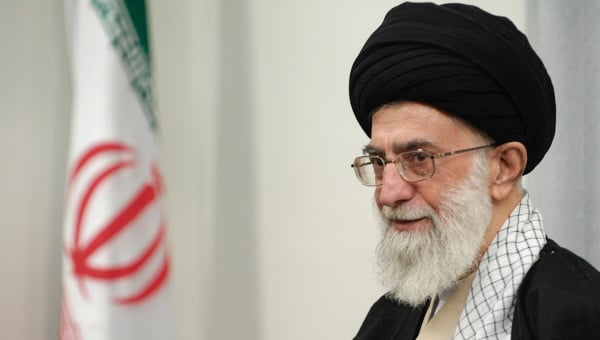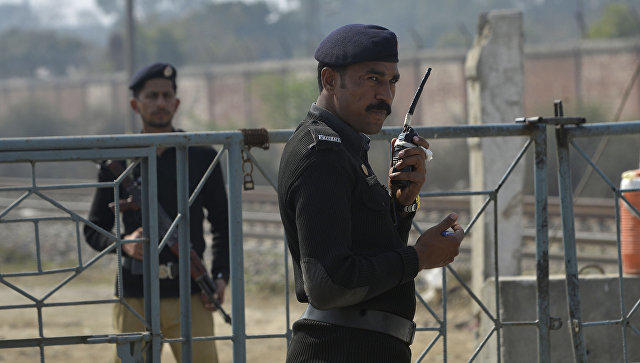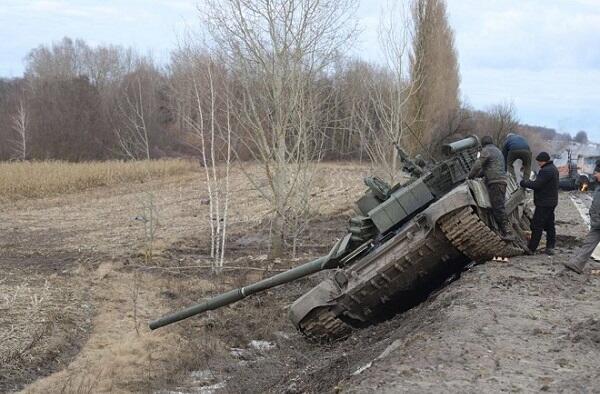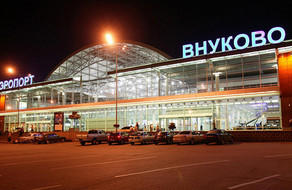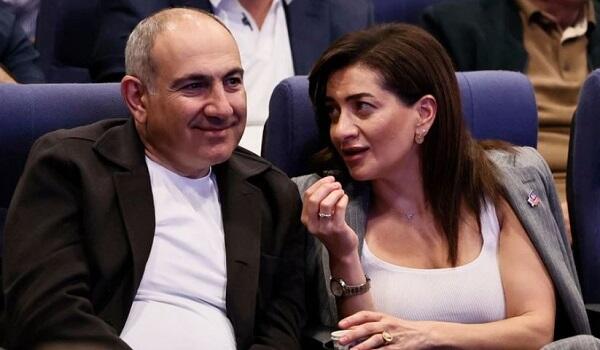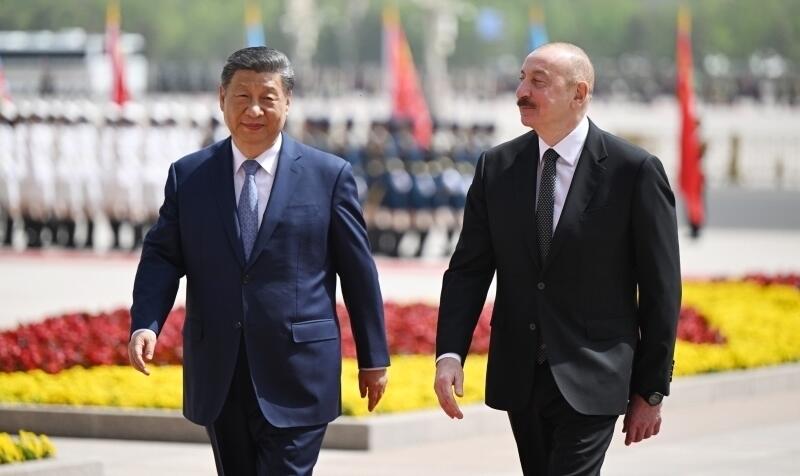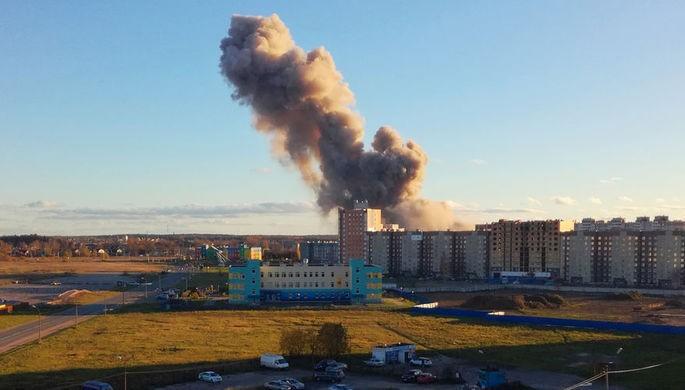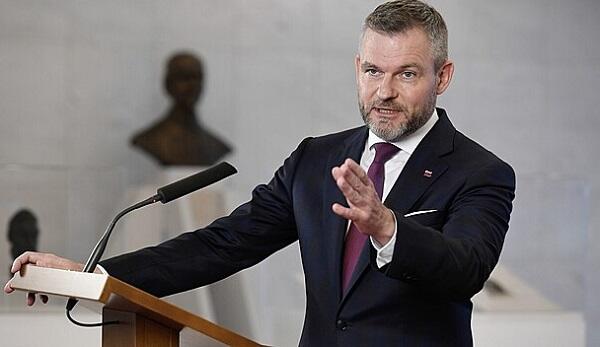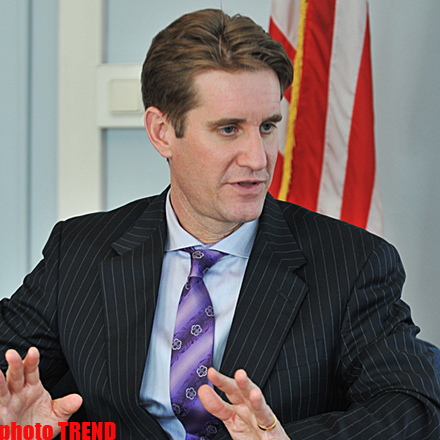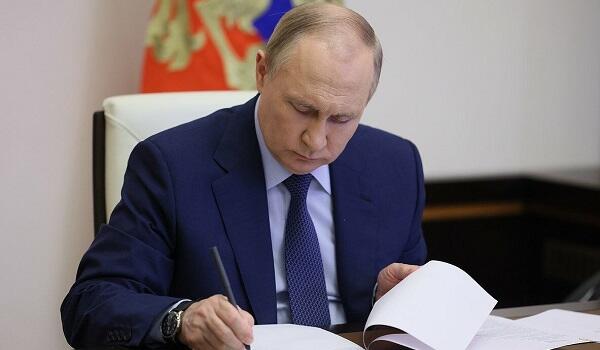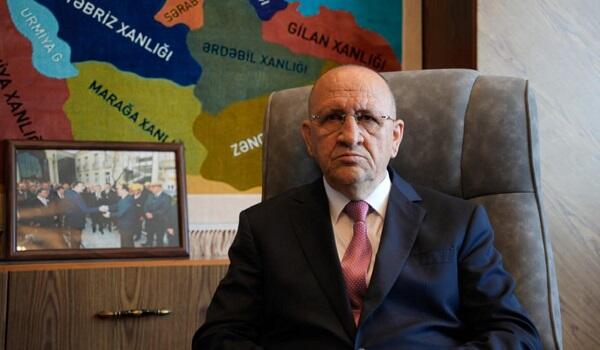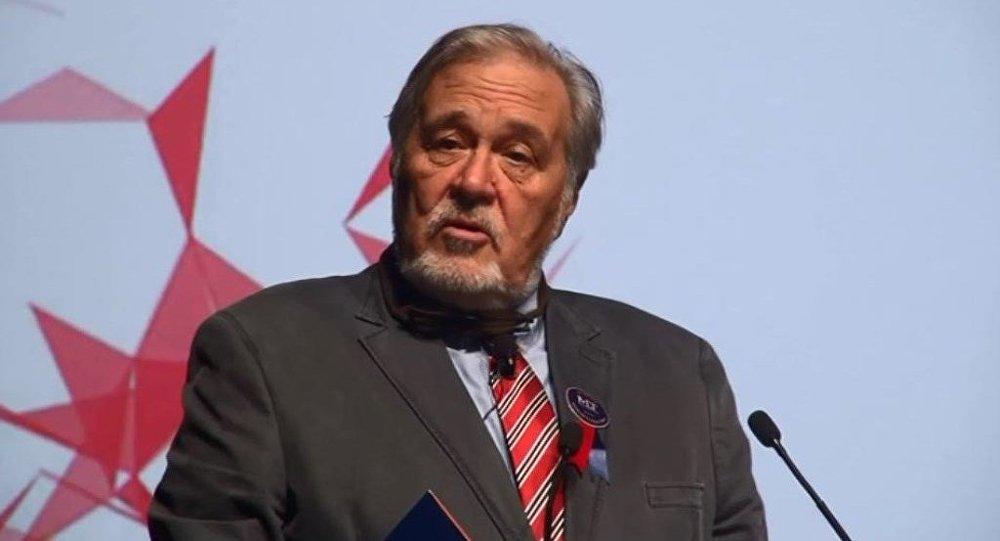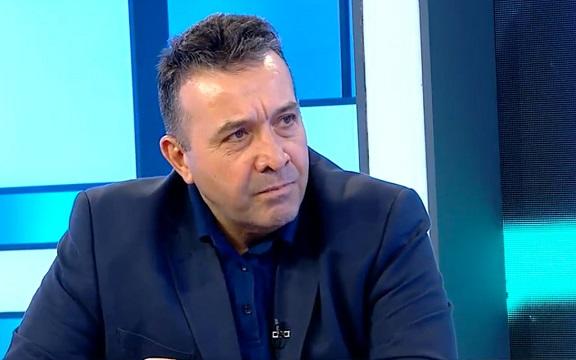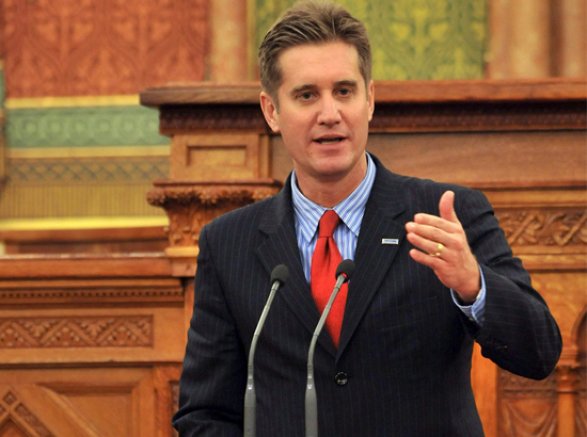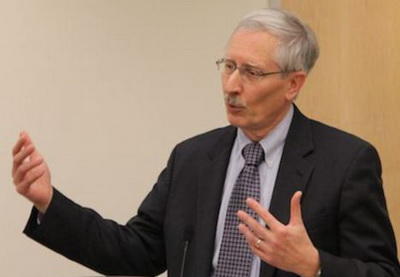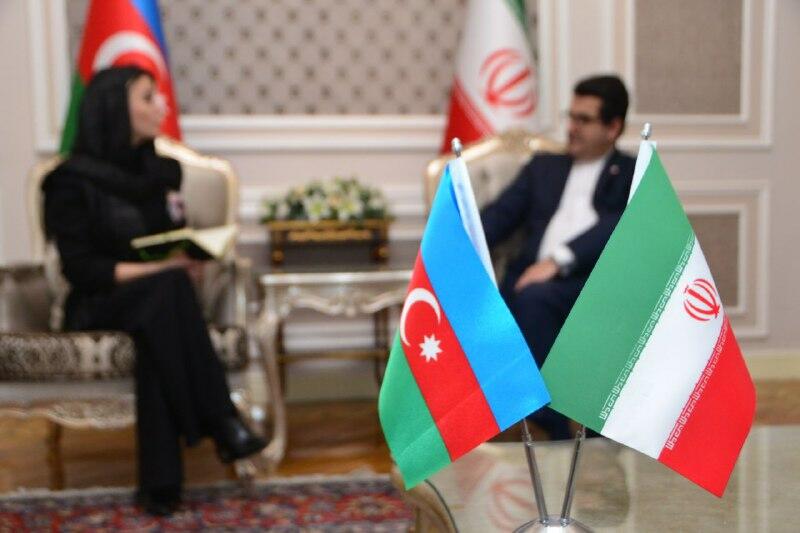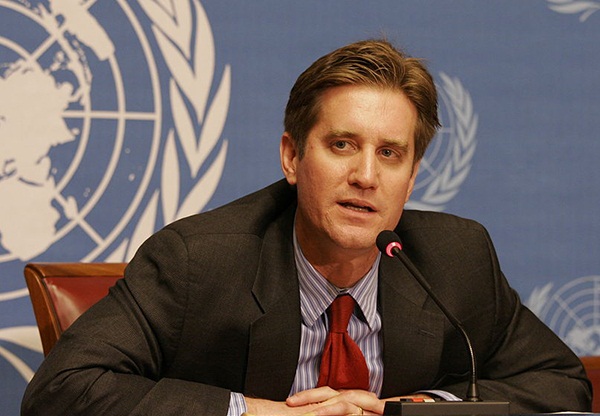In an exclusive interview, Matthew Bryza says Trump’s influence could pave the way for a final peace treaty — and signals a major geopolitical setback for Russia and Iran.
Axar.az reports that Matthew Bryza, former U.S. Ambassador to Azerbaijan and international political expert, in an exclusive interview, spoke about the August 9 Joint Declaration signed in Washington by U.S. President Donald J. Trump, Azerbaijani President Ilham Aliyev, and Armenian Prime Minister Nikol Pashinyan.
Bryza, who has spent over two decades working on the Karabakh conflict, shared his perspective on the agreement’s significance, its potential to end hostilities, and the geopolitical ripple effects across the region.
How significant is this Joint Declaration? Is it a real step toward resolving the Armenia–Azerbaijan conflict, or more of a symbolic gesture?
The joint declaration of the President of the United States, Donald J. Trump, and President Aliyev of Azerbaijan, and Prime Minister Pashinyan of Armenia yesterday, the 9th of August, was highly significant. And I say that as somebody who has participated and studied in the efforts to resolve the Karabakh conflict for 24 years. It’s the most important diplomatic moment, I think, ever in these conflict resolution efforts. It is a major step toward resolving the conflict once and for all, which will require there to be a peace treaty. So this isn’t the peace treaty, but my understanding is that it defines and commits the leaders of Azerbaijan and Armenia to concrete steps that will get them to signing one.
Could this be the beginning of a complete and lasting end to hostilities, or do you see it as just an early stage toward a full peace agreement?
My hope is that this will indeed lead to the complete end of the war. What's also significant in all of this is that President Trump and his influence and his clout may be sufficient to allow Armenian Prime Minister Pashinyan to argue persuasively and thereby convince the Armenian parliament to amend Armenia's constitution and thereby remove any ambiguity that Karabakh is part of Azerbaijan, which Pashinyan has already said not only he wants to do, but he believes that Armenia needs to do that for the sake of peace and a more prosperous future Armenia.
And as we know, he's faced severe opposition from his own political opponents and people in the Armenian diaspora who prefer that the conflict continue because they believe someday, maybe in a few decades or centuries, Armenia will recover its military strength and be able to go to war again and retake those Azerbaijani territories.
Prime Minister Pashinyan knows that's crazy, that's folly, and it's time to end the war once and for all. So hopefully President Trump's clout is the world's most powerful leader and the head of the world's most powerful country, a country that now is showing a real geopolitical interest in resolving the conflict, will be enough for Prime Minister Pashinyan to secure that amendment from Armenia's parliament and then open the way for President Aliyev and Prime Minister Pashinyan to sign a final peace treaty.
The declaration calls for dissolving the OSCE Minsk Group. What does this mean for the role of traditional mediators, especially Russia?
It’s a clear signal of a geopolitical shift. The U.S. is stepping forward geopolitically, and Russia has suffered a geostrategic defeat. And that's something that must be really difficult and unacceptable for President Putin, as will it be for Iran. Under the November 10, 2020 ceasefire, Russia had planned for its FSB troops to control the corridor. Now, instead of Russian forces, U.S. logistics companies will operate it—marking a major change in influence on the ground.
What are the geopolitical implications of the U.S.-backed transit corridor project (TRIPP) through Armenia to Nakhchivan?
So the geopolitical implications are huge, including the geopolitical implications of the corridor. President Trump refers to it as the “Trump Road for International Peace and Prosperity.” Having his name on it, having U.S. companies run it, and having it emerge from an American-brokered deal shows U.S. commitment and presence. It’s also a tangible example of U.S. influence, somewhat echoing Trump’s approach to Ukraine in terms of wanting to get U.S. companies to be able to invest and export Ukraine's critical mineral wealth.
How might Turkiye, Russia, and Iran react to the U.S.’s deepening role in this process?
Russia and Iran will be displeased, as they lose direct control and influence. As for Turkiye, while it would ideally prefer a greater independent role, I think Trump and Erdogan will find a way to work together and have a partnership rather than competition in the South Caucasus. What's not clear to me, though, is there any interest by President Trump in a more strategic geopolitical sense for the U.S. to play a role in Azerbaijan or Armenia or Georgia. I don't see that.
I haven't heard of any such strategy. But I'm really personally amazed that President Trump has been able to bring President Aliyev and Prime Minister Pashinyan so far, and I hope now President Trump will remain engaged enough to get that amendment to the Constitution of Armenia and then secure a final peace treaty.
